Each year hurricane season begins on June 1st and ends November 30th, with storms typically peaking in August and September. Knowing the essentials of how to prepare for a storm could truly be a life saver.
In addition to the general hurricane safety precautions people with epilepsy have special needs to consider. Keep yourself safe and teach others how to help you as well. You can do the following to get ready:
Source: Center for Disease Control and Prevention https://www.cdc.gov/epilepsy/emergency/
Additional resources for hurricane preparedness:
State Assistance Information Line (SAIL):
A toll-free hotline activated during severe weather and other emergencies to provide accurate up-to-date information on emergency or disaster situations impacting the State of Florida (800)-342-3557
Florida Special Needs Registry:
https://snr.flhealthresponse.com/
Florida Department of Health- Special Needs Shelter Program:
http://www.floridahealth.gov/programs-and-services/emergency-preparedness-and-response/disaster-response-resources/spns-index.html
How to ensure medication is safe after a natural disaster: https://www.fda.gov/drugs/emergency-preparedness-drugs/safe-drug-use-after-natural-disaster
Federal Emergency Management Agency (FEMA): Provides assistance before during
and after disasters www.fema.gov
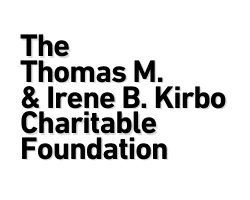

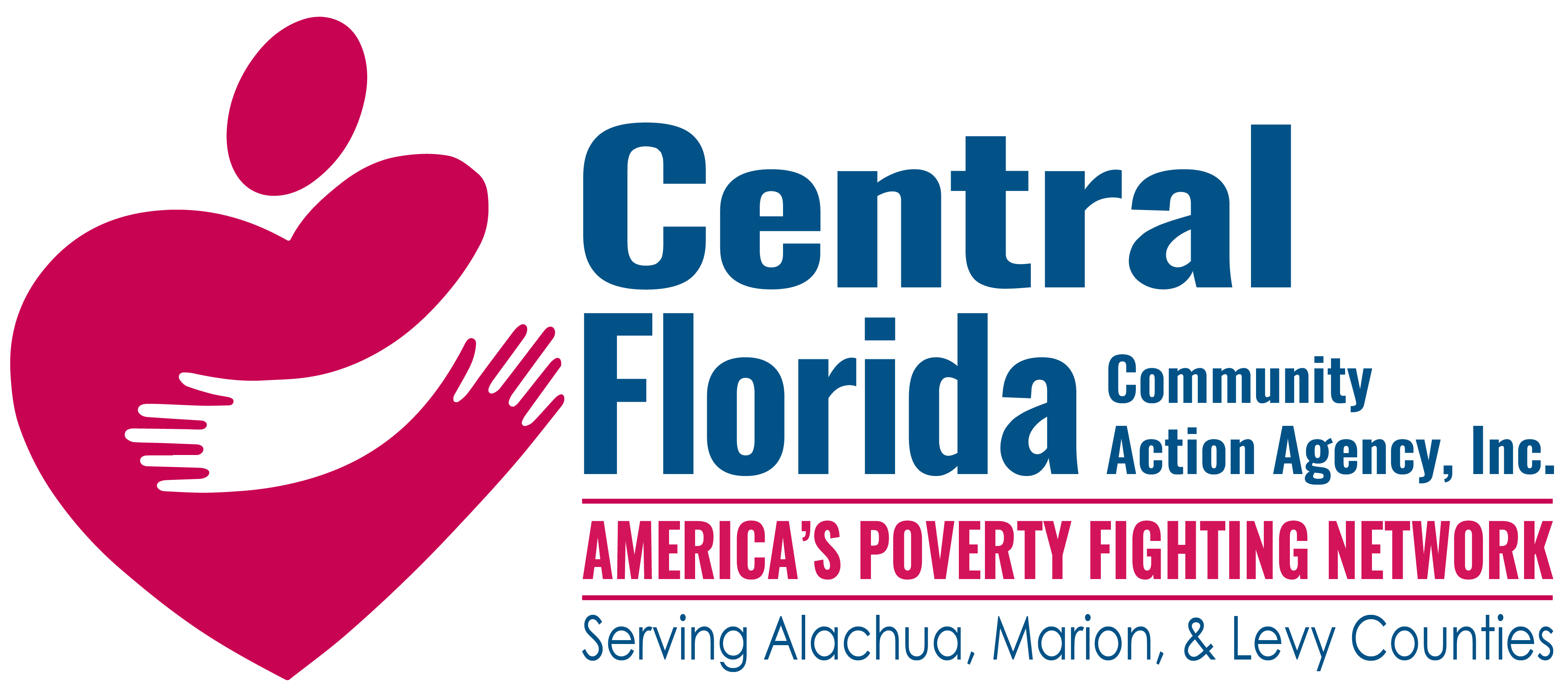
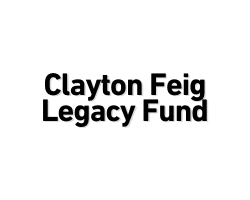
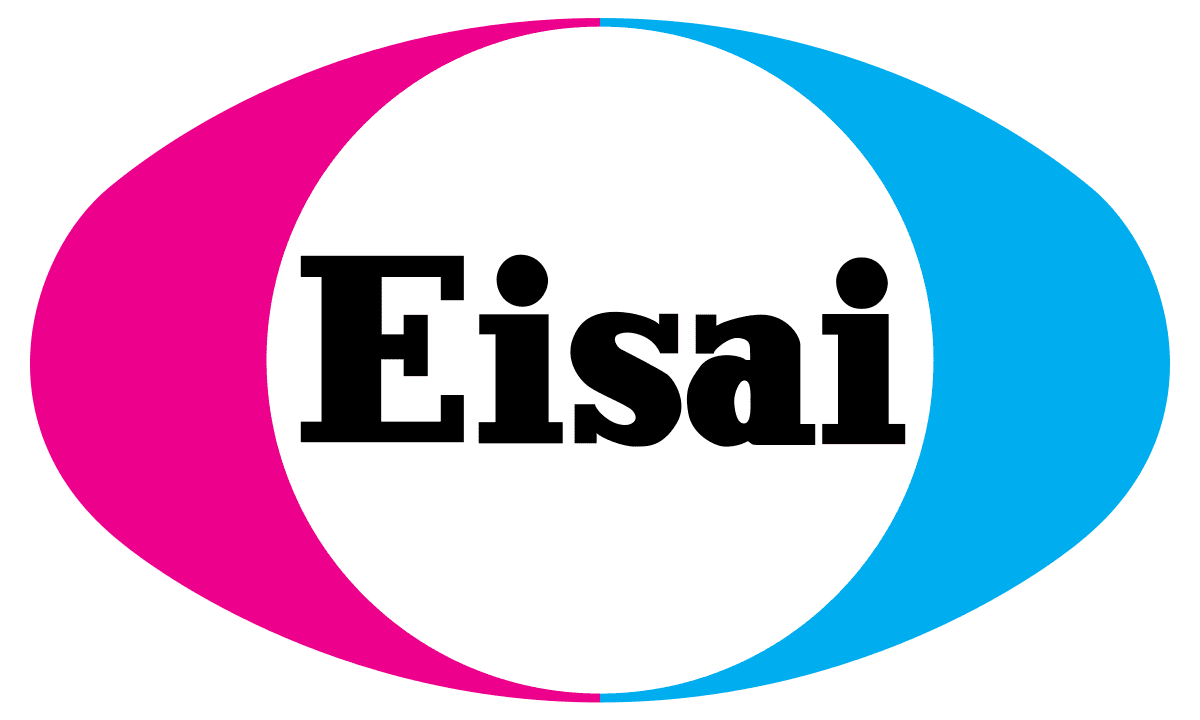
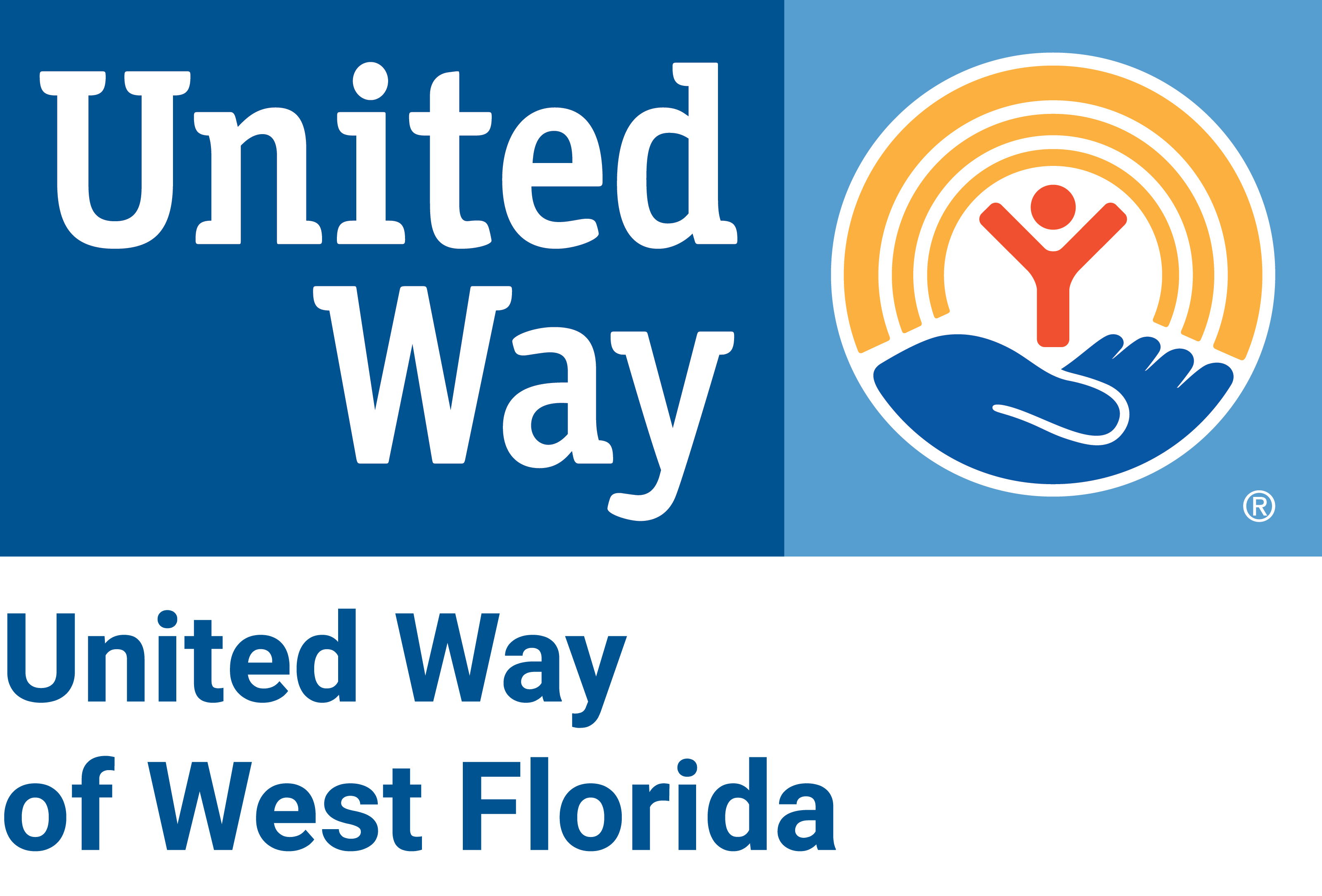
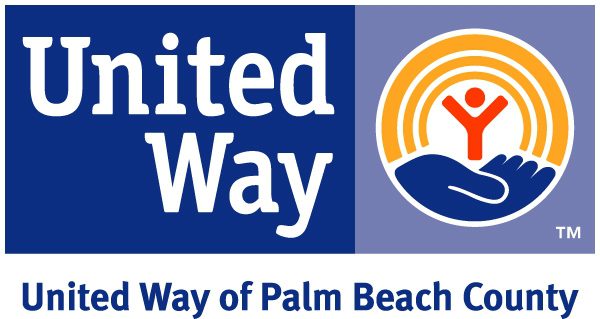
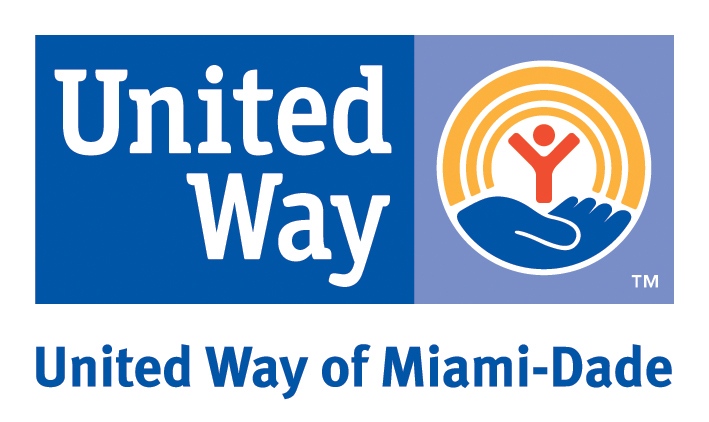





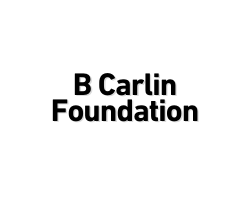

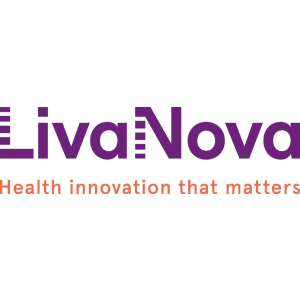



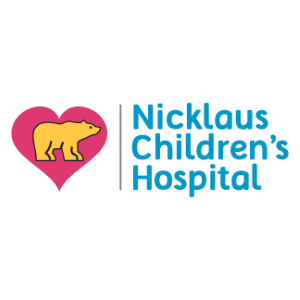



















© 2024 Epilepsy. All Rights Reserved